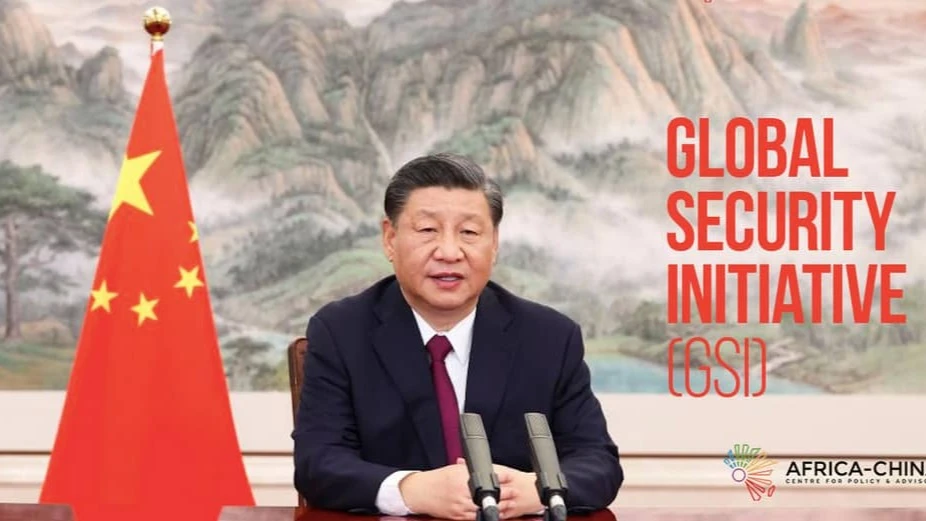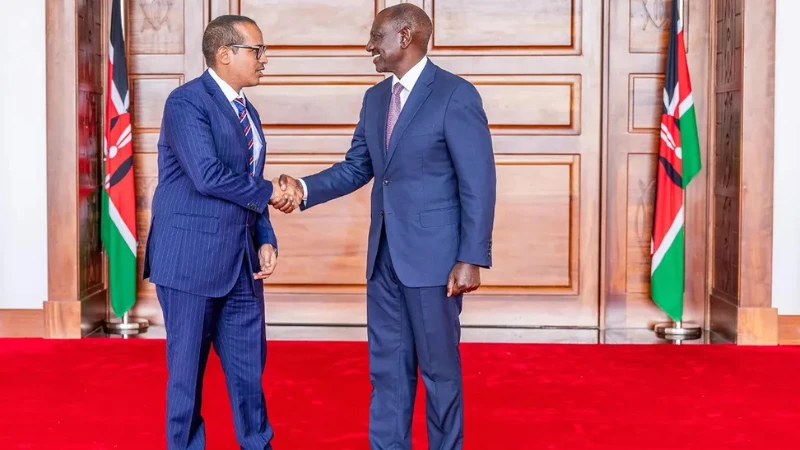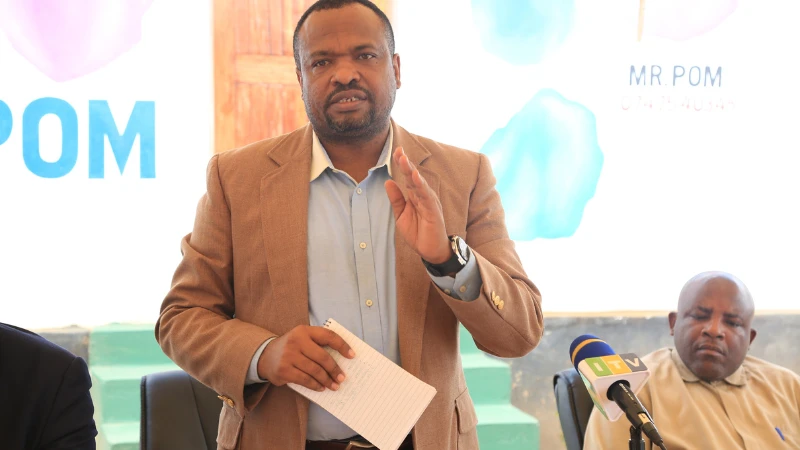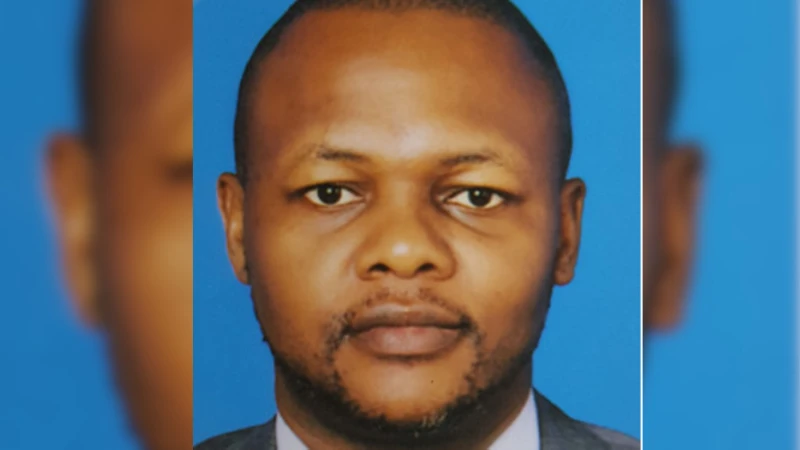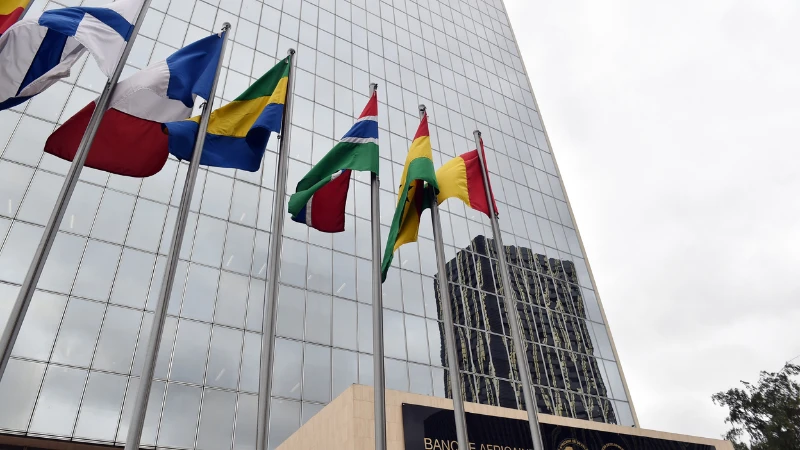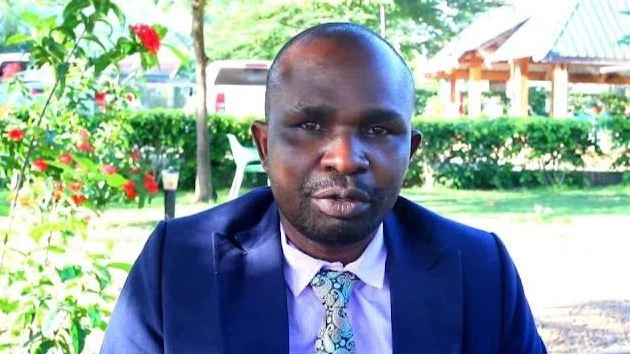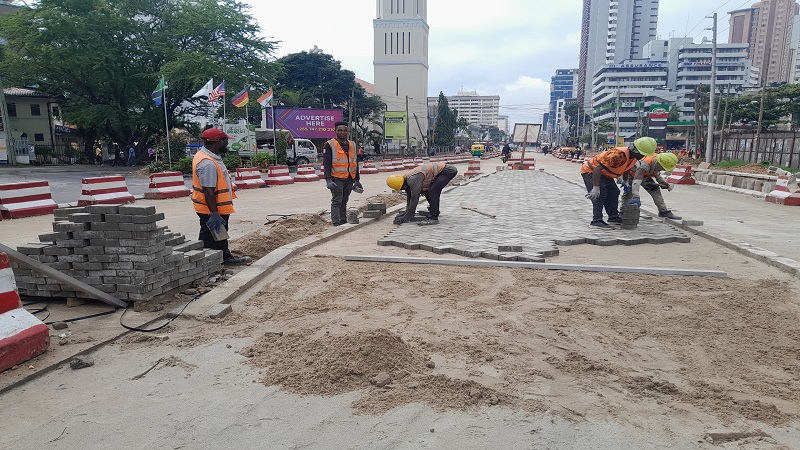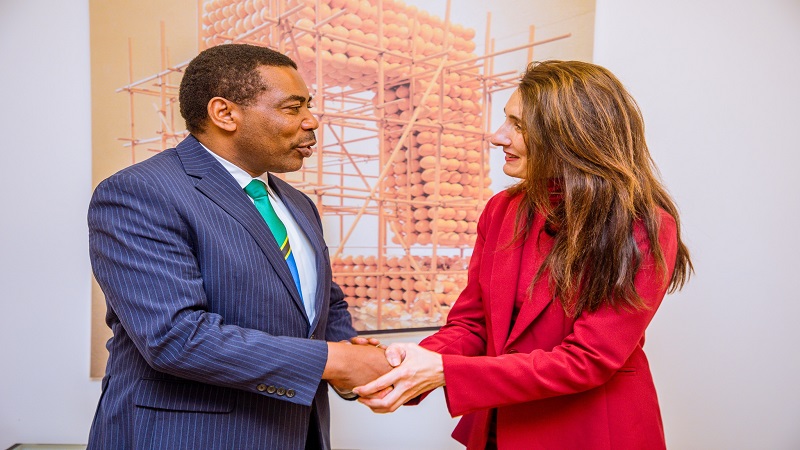PM reiterates full funding for anti-AIDS medication
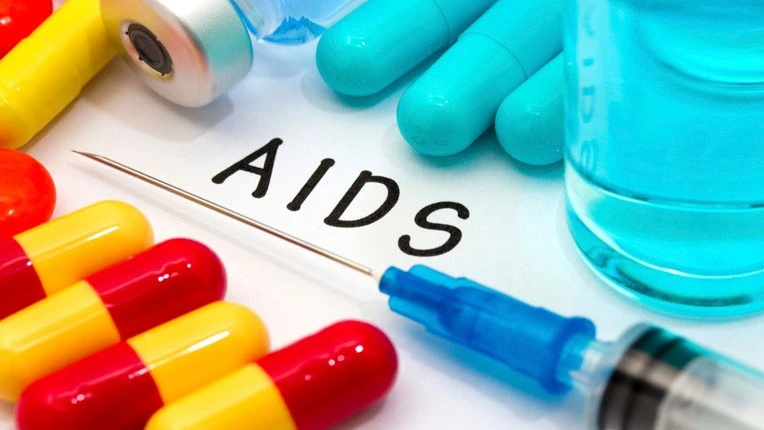
ELIMINATING HIV/AIDS by 2030 is still feasible with better care, awareness and funding, with the government assuring the legislature that no Tanzanian will be left without essential HIV services.
Prime Minister Kassim Majaliwa issued this assurance when presenting the 2025/2026 budget estimates for his office, highlighting ongoing improvements to enhance preventive care, service quality and access to medicines and specialized treatment.
He warned that the disease remains a threat with 60,000 new cases annually, where more than a third of the cases are reported among the youth, meanwhile as these efforts are boosted by the rise in the number of healthcare facilities from 8,458 to 9,826, emergency care hospitals from seven to 116, with maternal and child health centers up from 6,081 to 7,397.
He explained that the country has recorded a substantial increase in port revenues as it strengthens its role as a regional trade hub at its ports, with the revenue collections rising from an average of 850bn/- during fiscal 2023/2024 to 1.0trn/- in the three quarters of fiscal 2024/2025.
“This growth is attributed to seaport modernization initiatives and increased private sector involvement,” he stated, noting that customs revenue grew from 9.35trn/- to 9.86trn/- by February 2025.
Container traffic noticeably increased with 686,515 containers handled from July 2024 to February 2025, compared to 670,724 in the previous year, where throughput at berths zero to seven surged from 122,339 to 160,286 containers, he said.
He reaffirmed the government's commitment to sustaining growth through infrastructure improvements and business environment reforms, outlining achievements in other sectors in the four years of the current authorities.
In education, the government completed the construction of 26 science-focused girls’ secondary schools, one in each region, enrolling 10,274 pupils at a cost of 121.55bn/-.
Under the Samia Scholarship Programme, a total of 6.63bn/- was disbursed to 1,313 high-achieving pupils in STEM fields, with 20.08bn/- in loans supporting 7,732 students in diploma-level technical colleges.
The Samia Innovation Fund was launched to foster innovation and employment by supporting creative entrepreneurship, he said, pointing at efforts to strengthen vocational training by investing in VETA and Folk Development Colleges.
The government is also expanding access to education across all levels, including early childhood and special needs education, he stated.
He said that water access has markedly improved, with 1,633 projects completed—1,335 in rural areas and 298 in urban areas—raising access to clean water from 70.1percent to 79.6 percent in rural areas and from 84 percent to 90 percent in urban settings.
Over 12.5m people now benefit from clean water services, with major water projects, such as Same–Mwanga–Korogwe and Mugango–Kiabakari–Musoma registering good progress. A total of 925 boreholes have been drilled, averaging five per parliamentary constituency, he pointed out.
He stressed the government’s ongoing efforts to enhance water services through increased partnerships and stricter water quality monitoring, pointing at significant progress in the health sector.
Maternal deaths dropped from 556 to 104 per 100,000 live births, and under-five mortality decreased from 67 to 43 per 1,000 live births from 2020 to February 2025.
These improvements arise from policy improvements during the sixth phase government as it invests in healthcare services alongside private sector collaboration, he added.
Top Headlines
© 2025 IPPMEDIA.COM. ALL RIGHTS RESERVED









